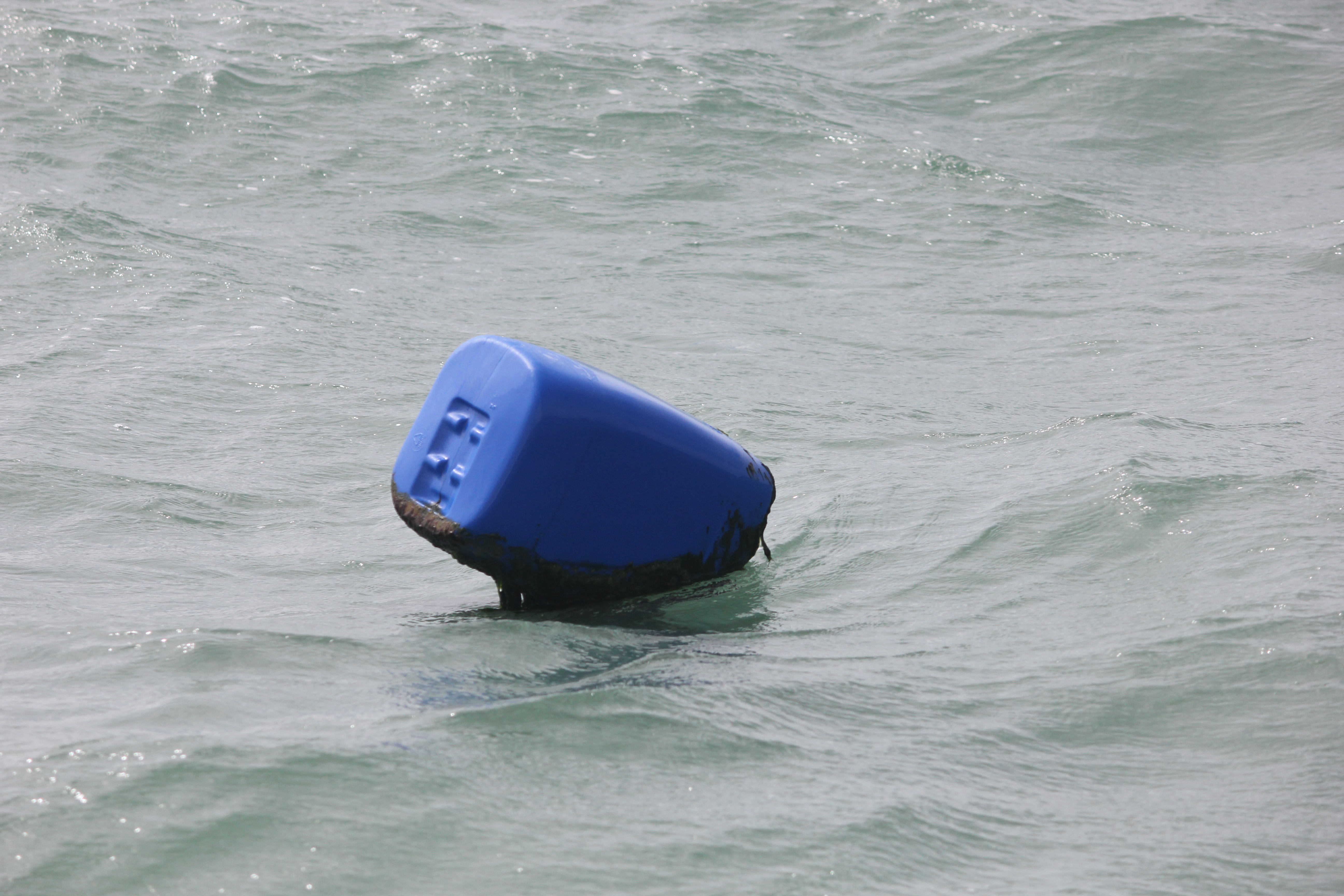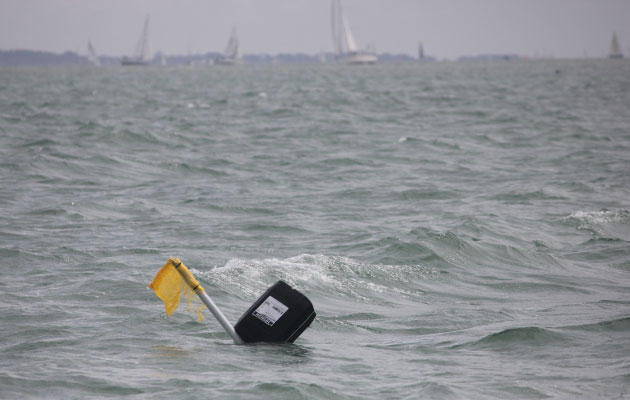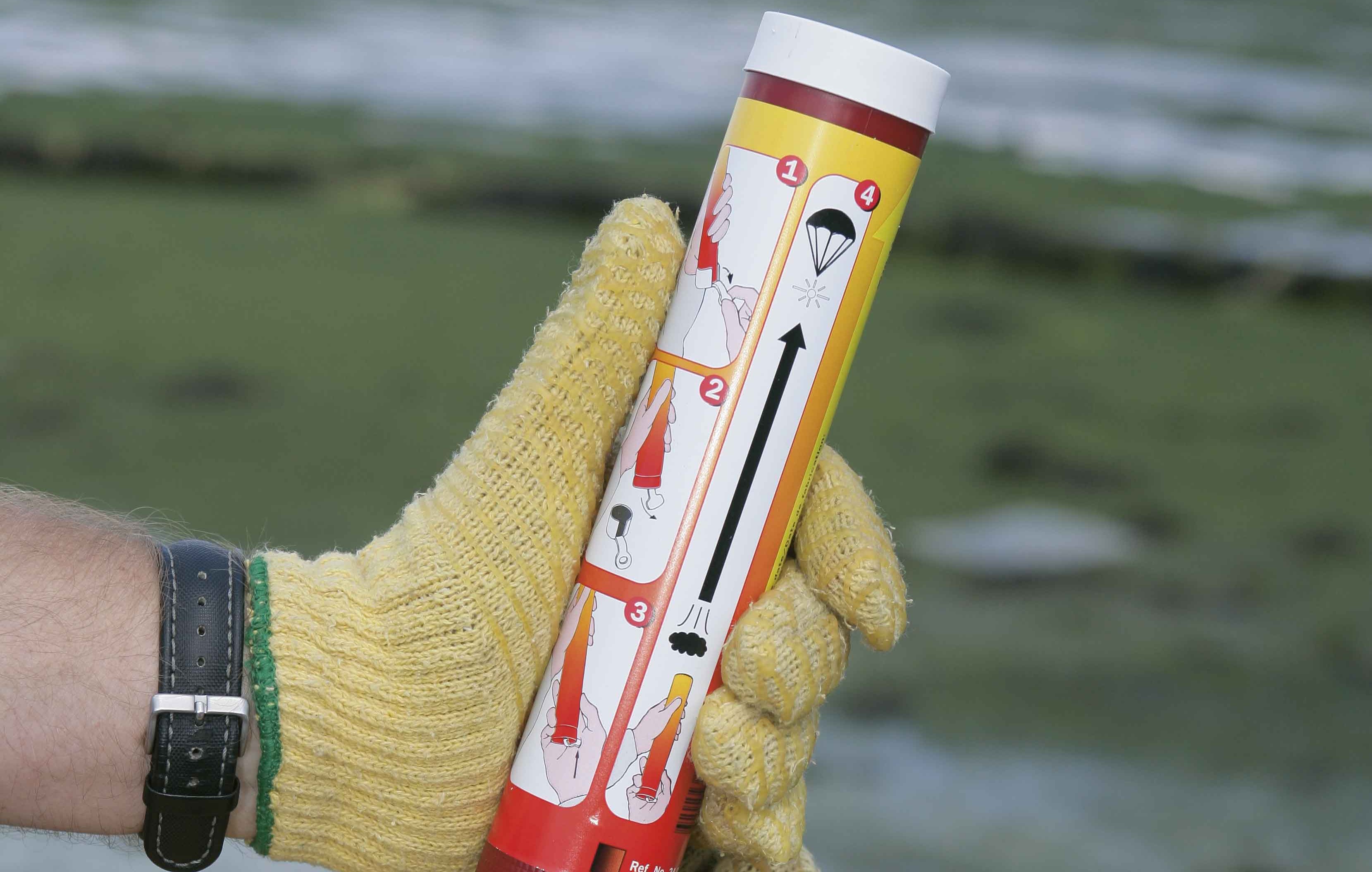The UK Coastguard is advising sailors to have at least two independent means of contacting them following a lengthy operation involving a French boat which sent out multiple VHF DSC Distress alerts
The UK Coastguard is reminding sailors to ensure they have at least two independent means of alerting them should they get into difficulty while out at sea.
The advice comes after a lengthy operation involving a French registered boat in the English Channel.
The Maritime and Coastguard Agency said the vessel, which was approximately 50 nautical miles south-south-east of the Isles of Scilly, sent out multiple VHF DSC Distress alerts.
Despite numerous attempts, the UK Coastguard was unable to raise a response from the crew.

The boat was monitored until it reached Falmouth. Credit: MCA/You Tube
The UK Coastguard immediately sent out a Mayday relay broadcast asking vessels in the area for assistance and also made contact with the French search and rescue service, MRCC Corsen.
The St Mary’s RNLI all weather lifeboat and the UK Coastguard search and rescue helicopter based at Newquay were sent to assist, along with a French fixed wing aircraft.
The boat, with two people on board, was located en route to Plymouth and found to have suffered engine failure which had subsequently been repaired.
Continued below…
Sailors urged to report poorly marked fishing gear
The RYA is urging sailors to report all sightings and entanglements involving poorly marked fishing gear as it reveals a…
Are lobster pots a danger to yachts?
The Cruising Association has launched a campaign to make lobster pots safer for small vessels and is asking sailors to…
New scheme launched for the disposal of out-of-date flares
As it becomes more and more difficult to get rid of out-of-date flares, Ramora UK is looking for backing for…
The UK Coastguard monitored their onward passage via telephone, with the Lizard RNLI all weather lifeboat assisting them into Falmouth later in the evening.
Commenting following the rescue on 26 September, the senior maritime operations officer for the UK Coastguard, Ross Parkinson, said: ‘This was quite a lengthy incident that involved both the UK Coastguard and MRCC Corsen. Thankfully, the vessel was located quickly by the air assets on scene and the two people on board were found to be safe and well.”
He had this advice for sailors.
“Having the correct communication equipment on board is essential for any type of trip to sea, but just as important is having the knowledge and ability to use it. Remember to always carry at least two independent means of alerting the Coastguard if you get into difficulty,” he stressed.
“If you’re heading out to sea we would always recommend that you carry a fixed VHF unit with DSC and ideally an EPIRB or Personal Locator Beacon. This is in addition having a fully charged mobile phone, flares, a powerful torch, and appropriate personal flotation devices such as a lifejackets or buoyancy aides,” he continued.
“If you get into difficulty use Channel 16 to alert the Coastguard to your position. When you make an emergency call to the Coastguard from VHF radio you will tell everyone within range what your situation is even if you cannot see them – there might be someone nearby who can help you more quickly than we can get help to you,” stated Parkinson.
“We can never get time back – speed is of the utmost importance. Don’t wait for things to improve. You need to inform us as soon as a potentially difficult situation is developing – once things start to go wrong, they develop rapidly,” he stated.
“And on a final note, make sure you have a plan on board for ‘what if?’ and make sure everyone on board knows their part within the plan,” added Parkinson.







